Petrochemicals Biobased Synthetic Fabric 11-05-2020 - Arhive
Petrochemicals Biobased Synthetic Fabric
Petrochemical Polymers Chemical PTA Trend
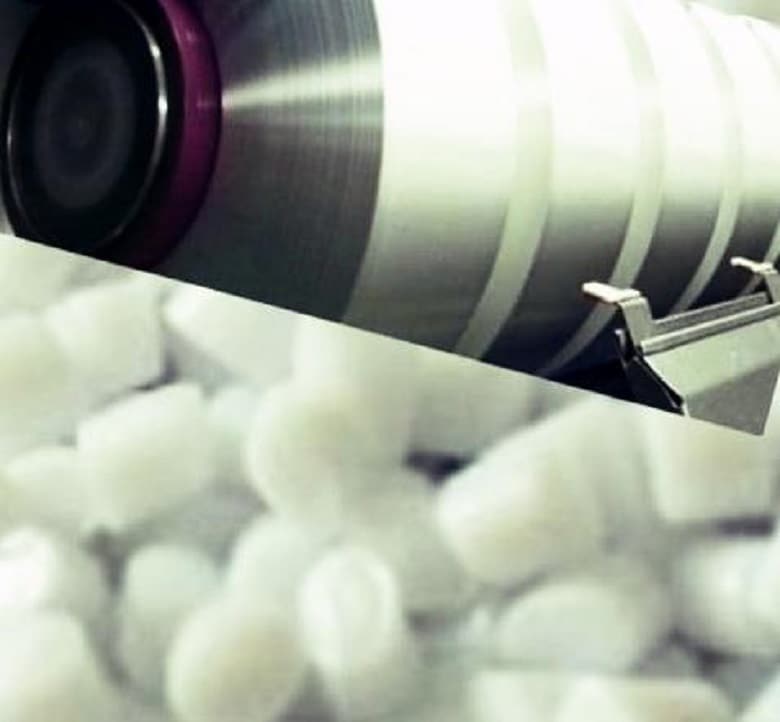
Crude Oil Prices Trend

-US PET demand may be showing first signs of weakness
Demand for US polyethylene terephthalate (PET) remains strong, supported by sustained buying activity from the end-user segment – mainly at supermarkets via food packaging, according to many market participants.
Unseasonably increased demand of PET packaged foods and cleaning products in mid-to-late Q1 was the result of bulk buying amid the spread of the coronavirus in the US.
Several industry sources predicted that demand would collapse in early-to-mid Q2, particularly as unemployment rates started to rise. Along with anticipated declining demand in Q2, resin prices were expected to erode by several cents in May, given plummeting crude oil and feedstock paraxylene prices.
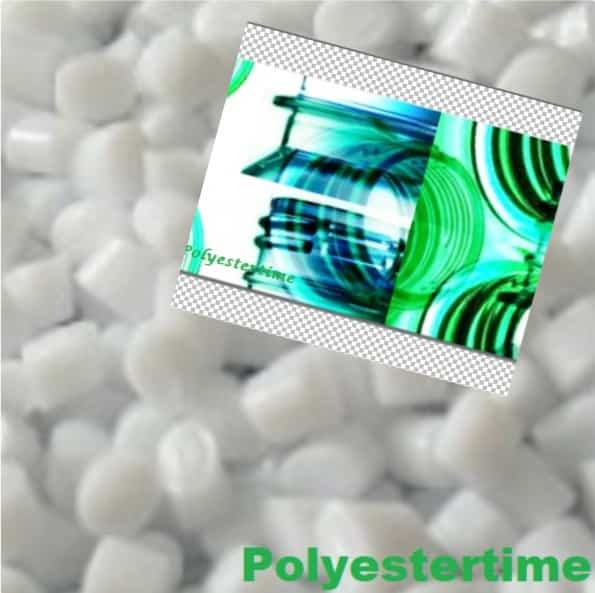
-Slumping auto sector faces long road to recovery
Automotive production will make only a gradual recovery from the Covid-19 crisis, cutting demand for auto components this year and weighing heavily on industrial metal and steel prices in the months ahead.
Automotive markets slumped in the first quarter of this year the world over, and the prognosis for the second quarter is similarly weak, signalling a sustained demand shock for the multiple metals and steels feeding the sector.
What began as a supply shock to the world’s automotive factories is now firmly a demand crisis as human mobility skids to an abrupt halt.
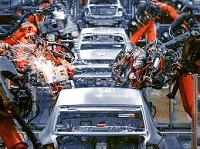
-Different views on pricing, supply and demand split Europe R-PET market
The European recycled polyethylene terephthalate (R-PET) market is facing a tough time due to the double threat of plunging oil and virgin PET prices and impacts on demand and availability because of the coronavirus pandemic.
As a result, views among R-PET market participants on prices and supply and demand are diverging, putting buyers and sellers firmly in one of two camps.
On the one side are the players who see the current situation around coronavirus creating stronger demand for R-PET, driven by increased consumption of food packaging, water bottles and hygiene products packed in PET, most of which also have some level of R-PET content.
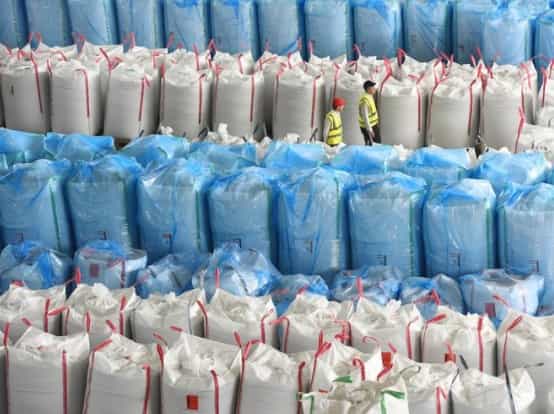
-Brüggemann launches new heat stabiliser for polyamides
Brüggemann has launched its Phenolic Plus BRUGGOLEN TP-H1803, a new heat stabiliser for polyamides designed to outperform conventional phenolic/phosphite based stabilisers, i.e. blends of sterically hindered phenolic antioxidants with organic phosphites.
BRUGGOLEN TP-H1803 bridges the price-performance gap between these blends and copper based stabilisers.
Phenolic Plus extends the heat stabilisation of polyamides to peak temperatures of 180°C, something not possible for hindered phenolic antioxidants and organic phosphites.
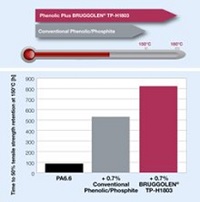
A recent interview with Prof. Jennifer Doudna, a co-discoverer of the CRISPR-Cas9 system for genome editing, highlights potential applications of the technology to COVID-19.
The CRISPR (Clustered Regularly Interspaced Short Palindromic) genome editing system can be used to delete, insert, or alter any type of DNA/RNA, including that of humans, animals, plants, or microorganisms like bacteria. CRISPR is a highly versatile technique which has the potential to cure complex diseases at the genetic level efficiently.
In the interview with Amanpour and Company, Prof. Doudna discusses some of the recent efforts of her lab at UC Berkley.

-China’s Sinopec forecasts bleak oil demand outlook
The impact from the Covid-19 pandemic will continue to pressure global oil prices but a shift in consumer patterns because of lockdowns may weigh on oil demand in the longer term, according to research by China’s biggest state-controlled refiner Sinopec.
The Sinopec Economics and Development Research Institute (EDRI), the firm’s research arm, expects the changing workplace, lifestyle, education and consumption patterns to further slow the growth of global oil demand in the future as a direct result of lockdowns brought about by the coronavirus outbreak, which was first reported in Wuhan city in central China’s Hubei province in December 2019.
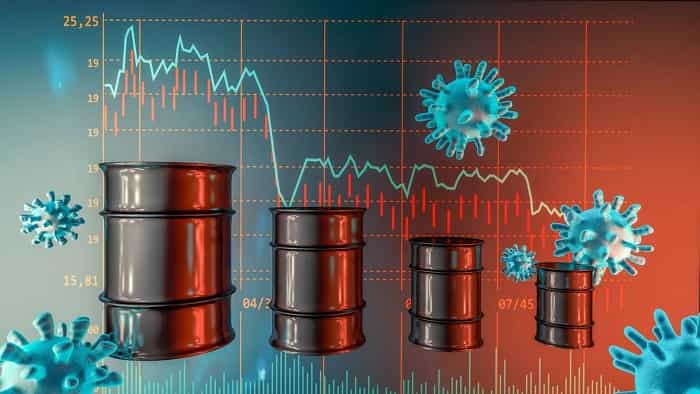
The world of Italian businesses, heavily affected by the Covid-19 pandemic, takes an initiative to revive the economy in a green key. To date, 110 representatives of important companies and business organizations have signed the Manifesto “Exit the pandemic with a new Green Deal for Italy” (below).
The Manifesto intervenes in the ongoing debate, at national and European level, on measures to revive the economy, heavily hit by the Covid pandemic19 by urging a development project that meets the challenges of our time.
We need – explains a note from the drafters – measures to make our societies, our health systems and our economy more resilient to pandemics, but also to face other threats for our future: first of all the great climate crisis, fueled by a linear economy model with high consumption of fossil energy and waste of natural resources.
The European Recovery Plan, which aims to activate substantial Community funding, should, in the new and far more serious conditions generated by the pandemic, re-establish and relaunch with a new Green Deal the ambitious European project for an advanced, decarbonised and circular economy. We hope.
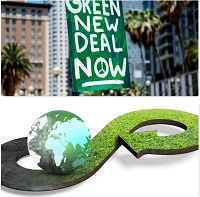
-Why is the US removing military assets from Saudi Arabia?
Washington’s decision to pull out Patriot missile batteries from Saudi Arabia has made the kingdom’s leadership nervous.
The United States is removing its Patriot missile defence system and other weapons from Saudi Arabia.
President Donald Trump said the move is part of an effort to scale back on a military presence that he says does not benefit the US.
US weapons and fighter jets were sent to the kingdom last year after Saudi Aramco oil facilities were attacked.
They were also intended as a deterrent as tensions rose between the US and Iran.

-Diverged nylon market finally converged in Apr
In just two thirds of April 2020, nylon market has undergone two major waves, during which, the development of nylon 6 semi-dull high-speed spinning chip (hereinafter referred as HS chip) and bright conventional spinning chips (hereinafter referred as CS chip) are completely different.
- In early April, a round of intensive bottom hunting in nylon 6 CS chip market had driven prices higher quickly. And in the process of rapid rise, there were still buying orders that continued to chase highs. CS chip market rose sharply all the way, up by 1,500yuan/mt in just 10 days. Following this, CS chip plants replenished CPL spot aggressively, pushing up CPL spot substantially as well.
- In early April, under the favorable support of the soaring crude oil and CS chip prices, the spot and contract CPL prices gradually increased. Due to cost pressures, sellers also increased semi-dull HS chip prices appropriately. But downstream buyers followed up slowly. Since the uptrend almost ended around Apr 12, spot CPL market also slowed down rising up.
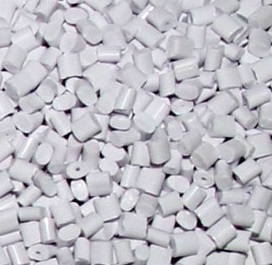
Petrochemicals Biobased Synthetic Fabric
